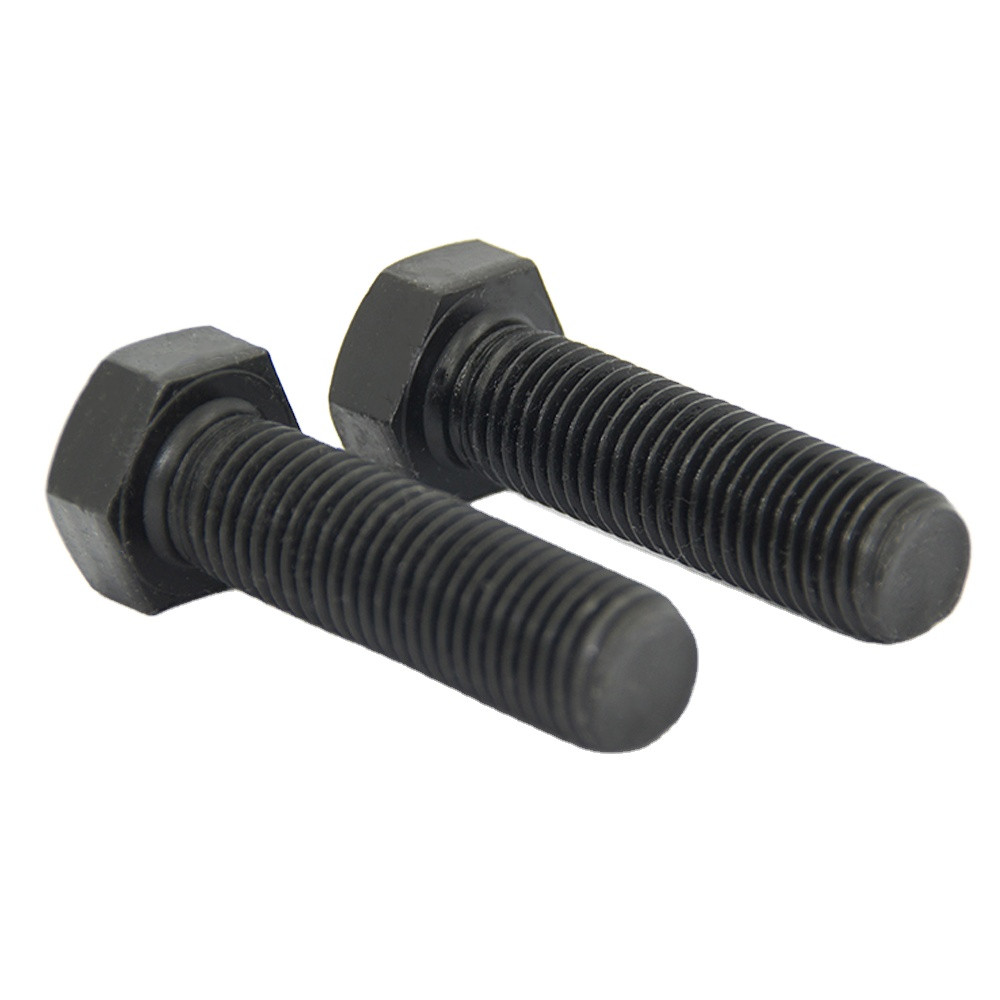m4x0.7 stud bolt supplier
Dec . 06, 2024 19:56 Back to list
m4x0.7 stud bolt supplier
Understanding M4x0.7% Stud Bolt Suppliers A Comprehensive Guide
In various industrial and manufacturing sectors, the requirement for high-quality fastening solutions is paramount. One such solution is the M4x0.7% stud bolt, a versatile component used extensively in machinery, automotive, construction, and electronic applications. When it comes to sourcing these crucial elements, understanding the role of stud bolt suppliers is essential for businesses looking for reliability, quality, and efficiency in their supply chains.
What is an M4x0.7% Stud Bolt?
Before delving into the suppliers, it's important to understand what an M4x0.7% stud bolt is. The M in M4 indicates that it is a metric thread, with 4 representing the nominal diameter in millimeters. The 0.7 refers to the pitch of the thread, meaning there are 0.7 millimeters between each thread. This specific sizing makes the M4x0.7% stud bolt suitable for various applications that require medium to low strength fastenings. Stud bolts are typically used in situations where a strong, durable fastening is crucial, often involving heavy loads or dynamic forces.
The Role of Suppliers
Suppliers of M4x0.7% stud bolts play a critical part in the supply chain, ensuring that manufacturers and construction companies have access to the components they need. Choosing the right supplier can greatly affect the quality of the final product, as well as influence production timelines and overall operational efficiency. Factors such as the supplier's reputation, quality control processes, and delivery schedules should all be taken into account when making a selection.
Quality Assurance
When sourcing M4x0.7% stud bolts, quality assurance is a significant concern. Trusted suppliers often adhere to international standards such as ISO or ASTM, which help ensure that their products meet strict quality criteria. This is particularly important in industries where the failure of a fastening component can lead to serious safety hazards or significant financial losses. Therefore, companies should seek suppliers who provide certifications and detailed product specifications to ensure that the bolts meet the necessary standards.
m4x0.7 stud bolt supplier

Customization and Variety
Another advantage of working with reputable suppliers of M4x0.7% stud bolts is the availability of customization options. Many suppliers can manufacture bolts tailored to specific requirements, such as length, material, and tensile strength. This is especially beneficial for businesses that have unique projects or specific applications that standard fasteners cannot adequately address. Additionally, suppliers often carry a variety of materials, including stainless steel, carbon steel, and alloy, allowing clients to choose the right type based on their environmental and mechanical requirements.
Supply Chain Efficiency
In today’s fast-paced industrial environment, supply chain efficiency is critical. Reliable suppliers can provide timely delivery, helping businesses maintain their production schedules without interruption. This is often achieved through effective inventory management and a robust logistics system. When partners can guarantee quick turnarounds and are receptive to urgent requests, they create a trust-based relationship that is vital for long-term collaboration.
Cost Considerations
While quality and reliability are essential, cost is also a significant factor when choosing a supplier for M4x0.7% stud bolts. Businesses should strive to find a balance between quality and affordability. It is advisable to obtain quotes from multiple suppliers and conduct a thorough analysis of their pricing structures in relation to the quality of materials and services offered. This ensures that companies receive the best value for their investment.
Conclusion
In conclusion, selecting the right M4x0.7% stud bolt supplier is a crucial decision that can have far-reaching implications for any business. By prioritizing quality assurance, customization options, timely delivery, and cost-effectiveness, companies can partner with suppliers who not only meet their specific needs but also contribute positively to their overall operational efficiency. As industries continue to evolve, the role of these suppliers remains critical in shaping the future of manufacturing and construction, making informed choices more important than ever.
Latest news
-
Premium Phosphated Drywall Screws Supplier & Manufacturer Solutions
NewsJul.26,2025
-
Top Metric Wood Screw Companies – Reliable Manufacturer & Supplier
NewsJul.25,2025
-
Reliable Axle Nuts Supplier - Quality Manufacturing & Export Services
NewsJul.24,2025
-
Top Wire Bolts Suppliers & Exporters - Quality Fasteners Factory
NewsJul.23,2025
-
Reliable Wire Bolts Company & Supplier for Construction Solutions
NewsJul.22,2025
-
Premium Spike Wheel Nuts Supplier | Durable Quality
NewsJul.21,2025
